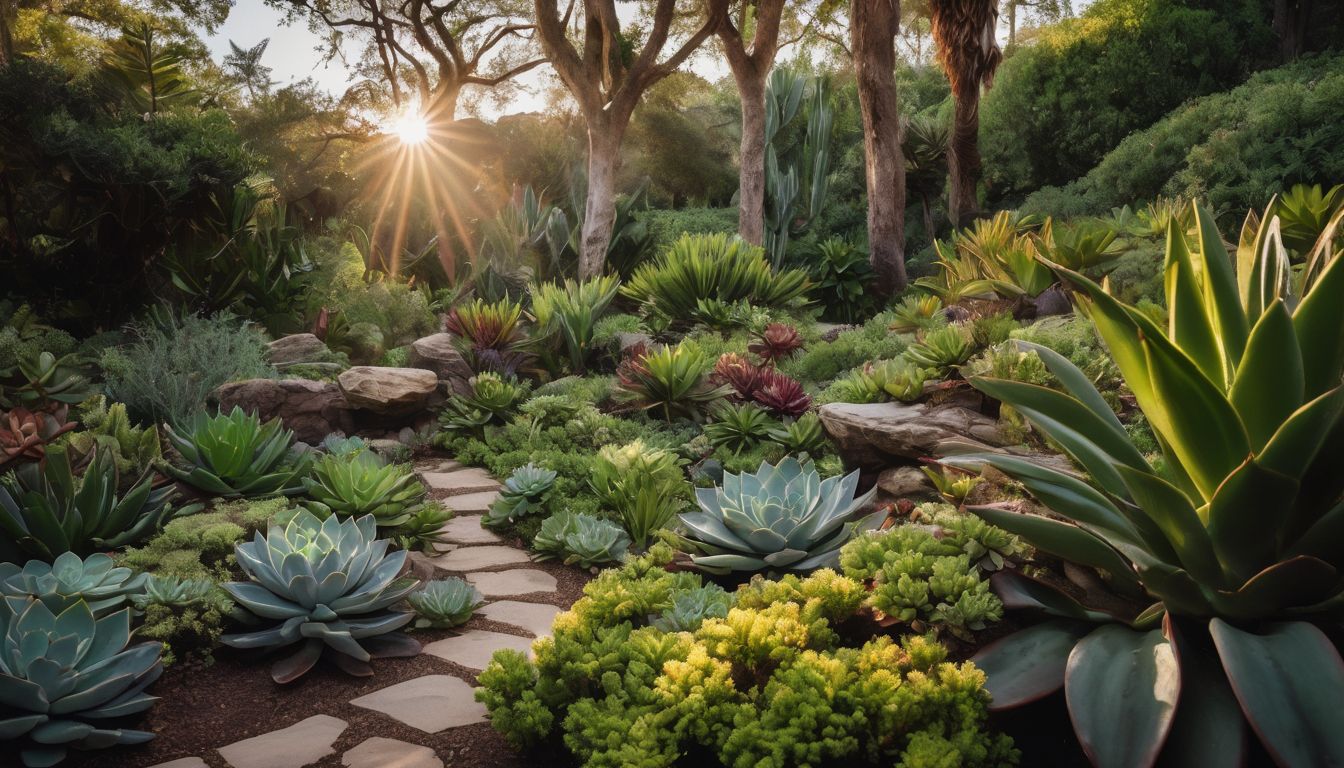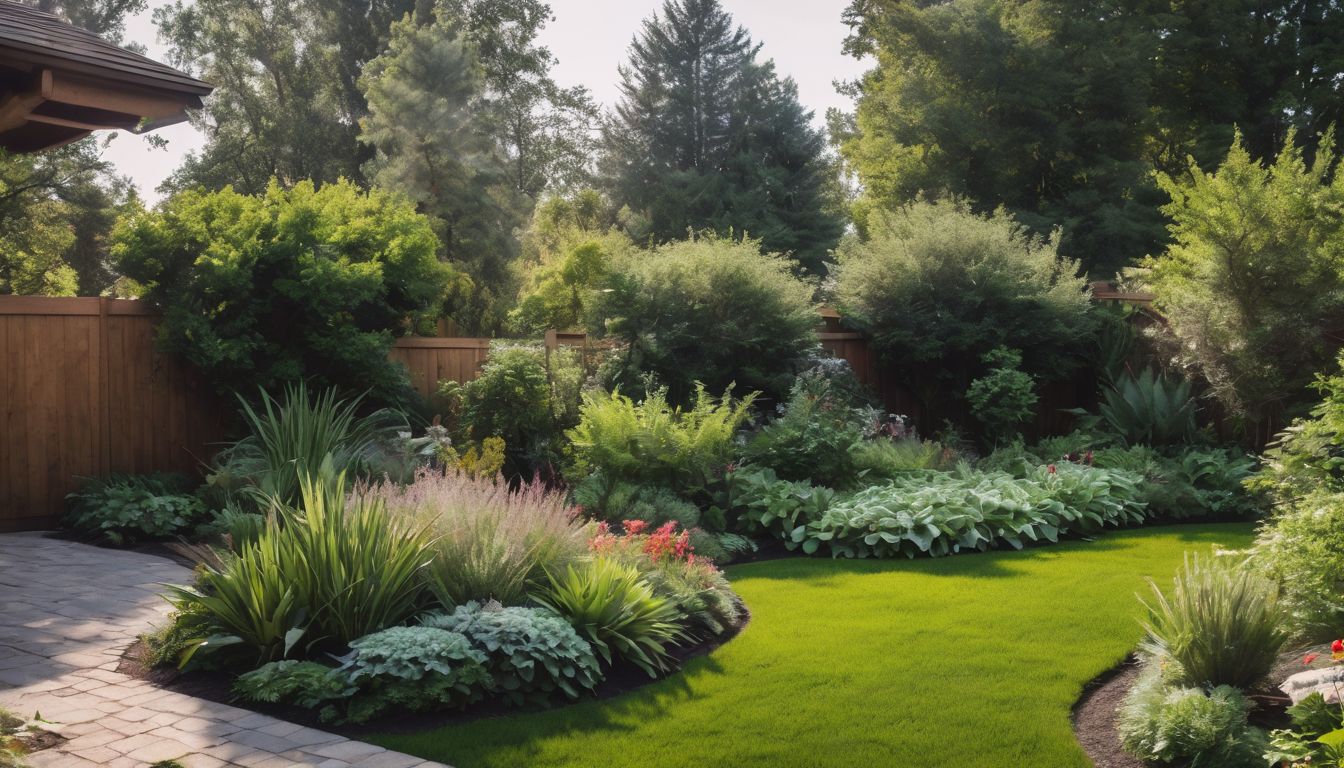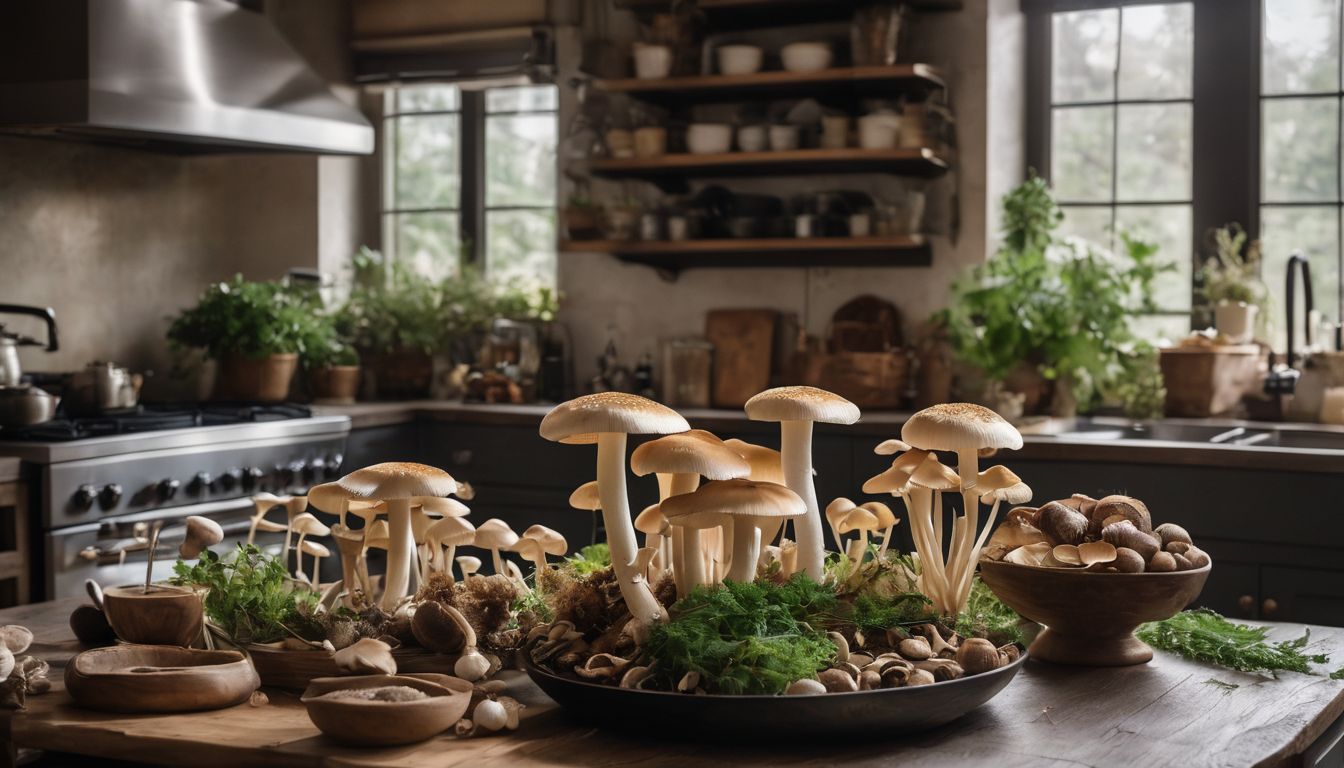Grey water includes water used from bathroom sinks, showers, tubs, and washing machines. Some areas allow water from kitchen sinks and dishwater in this classification. Grey water can be reused to water gardens, flush toilets, and wash clothes.
Why bother reusing water when it is so abundant? Despite the fact that the earth consists of 70% water, only 2.5% of it is freshwater and only 0.3% of that freshwater is readily available to us. According to UNESCO, by 2050 it is probable that 1 in 4 people will live in a country that experiences freshwater shortages. In the U.S. alone, 36 states are expecting insufficient water supplies by 2013.
BENEFITS for the Environment:
An average of 45,668 gallons (per 3 person household) of grey water is wasted down the drain each year. Reusing this water reduces the amount of freshwater that gets drawn upon. Utilizing grey water also decreases energy consumption. A substantial amount of energy is expended to pump and treat the water for our use. The power used to supply Americans a year’s worth of water is equivalent to the amount needed to supply 4.5 million homes with energy for a year. Reducing pollution is yet another benefit. Pollutants in grey water are redirected away from streams, rivers, and lakes. While substances found in grey water can do damage to aquatic life, when used to irrigate soil breaks down these would be pollutants and transforms them into nutrients for the plants.
BENEFITS for Your Wallet:
Some states offer tax credits for installing gray water systems. Be sure to look into it prior to installation because some states require an application before the system is put in. There is also savings from the reduction in your water use. Depending on the system you opt for though, the total savings may not offset your expenses.
BENEFITS for Your Plants:
Grey water may contain detergents with nitrogen and phosphate and can be beneficial to your plants. In addition, if you use a subsurface irrigation system (required in California), it forces plant roots to reach downward to obtain water making them stronger. For those of you in areas prone to droughts, the availability of grey water can be a lifesaver for your plants.
Cost: Variable
There are do-it-yourself options that can be fairly cheap, but as far as having a system installed they are almost all upwards of $1000. In addition, there may be maintenance and water treatment costs.
Time and Effort: High
Laws regarding the reuse of grey water can vary from state-to-state, county-to-county, and city-to-city, so finding out what is applicable in your area may take a bit of research. Once you determine the codes you must abide by, planning and installing will take additional time and effort. Here is a good website site to start with regards to grey water policy: http://oasisdesign.net/greywater/law/index.htm
Installing a Grey Water System
Things to Consider
Legal issues: The reuse of grey water is prohibited in some states. Find out its status in your state before investing time and money in planning a system.
Health and Hygiene Issues: Although there has yet to be health issues associated with the use of grey water in the U.S, there are still some general precautions that should be taken. First of all, don’t ever drink grey water! It’s not sewage, but it is nowhere near potable either. In fact, all contact with it should be avoided as it can contain microorganisms, chemical contaminants, and physical contaminants. Avoid surface contact with plants and with edible roots. Do not irrigate using a sprinkler system or in sloping areas that can lead to runoff. If someone in your household is suffering from an infectious disease discontinue the reuse of grey water. Storing untreated grey water beyond 24 hours can lead to bacterial growth, don’t do it.
Complexity of Your System: It is important to determine the best system based on the set up of your home and the way you use your water. This is where some professional consulting can come in handy. Systems vary from the storage of water from the washing machine in a barrel to dual-piping systems throughout the house leading to a filtration system and holding tank.
How will you reuse the water: While most gray water is reused for irrigation purposes, if the water is treated it can also be used indoors for flushing toilets. This can make a huge difference when you consider that at 30%, toilets use the most water in the home. There are some issues of debate as to whether setting up a system and using chemicals to treat grey water would do more environmental harm than good in the reusing of water. Switching to a high efficiency toilet may be a better investment.
Other issues: Not all plants can be watered with grey water nor can all soils handle it. You can locate a list of plants that are grey water intolerant and ones that may be able to tolerate grey water. Because what goes down your drains is being reused, be sure to select more eco-friendly cleaners and detergents. Try to find low sodium products because too much sodium can be fatal for plants.
Note: These are just general issues that will come up. As mentioned earlier, laws regarding grey water use differ widely and more specific guidelines can be obtained by contacting your local and state wastewater departments.
Resources:
ReWater Systems, Inc: They offer grey water systems ranging from $1700 to $6000. They are approved for use in both California and Arizona. Contact them to see if they can be used in your state.
Greywater.com: this site goes into the more detailed workings of grey water systems. Information regarding planning a grey water system is also offered.
Clivus Multrum, Inc.: This Massachusetts-based company offers custom designed grey water system. They also offer other water-efficiency products.




